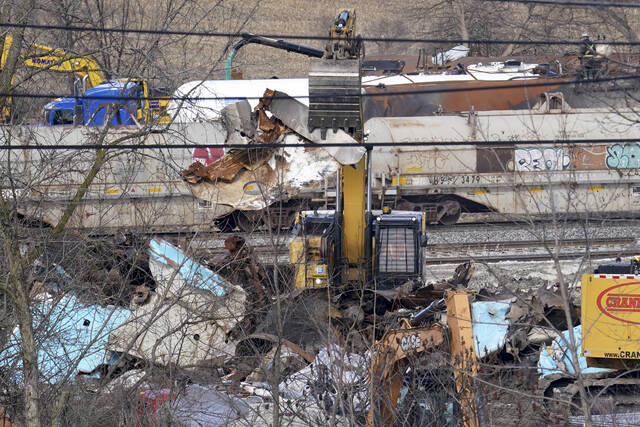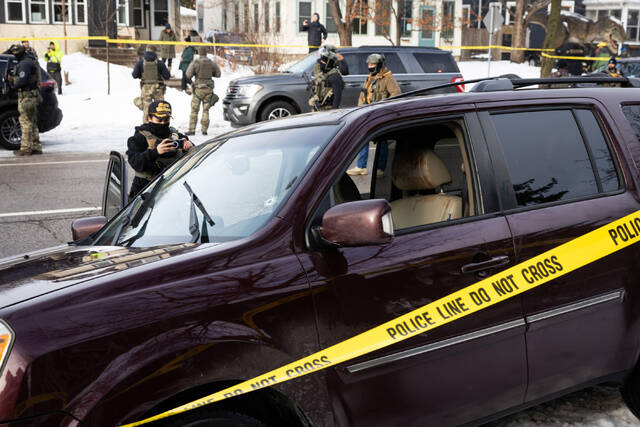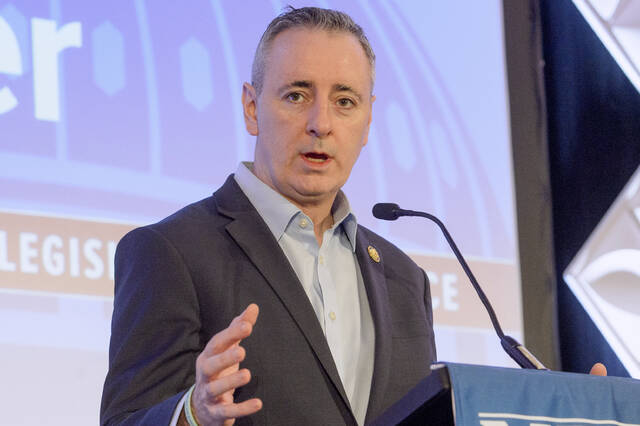The terrifying thing about East Palestine’s train derailment and the spill of chemicals into land and water and air isn’t just the twisted wreckage or the flames or the absolute pillar of black smoke that rose from it all.
It isn’t the social media videos speculating about dangerous residue in a cup of coffee or dead fish in a creek.
Are all of those things alarming? Absolutely.
What chills my blood is how it is all so avoidable, and yet at the same time the next similar disaster will bear down on us as relentlessly as a runaway locomotive.
Let’s start looking at why it should be easy to steer away from it. The importance of water isn’t anything new. Our communities are built on waterways because we need them for consumption and transportation. We grew cities around water so that we could turn gristmills and run factories and ship things downriver.
And yet we know that our water is so easily contaminated by all the things we do to it and near it. Sewage. Mine drainage. Manufacturing discharge. Fuel. Drugs. All manner of things end up in our water and make it less safe. Again, that’s not new. It’s how cholera spread hundreds of years ago. It’s why Victorian cities smelled like outhouses.
But we changed that, right? We treat our sewage. We treat our drinking water. We know about how things like Love Canal affected the environment. We saw “Erin Brockovich.” We know what happened in Flint, Mich.
OK, so now let’s talk about why East Palestine won’t be the last on a list of chemical cleanup sites.
In addition to the vinyl chloride that was burned at East Palestine, trains routinely carry things like ammonia and sulfuric acid. They can haul the waste products from fracking. There are fertilizers. There is fuel. There is sewage sludge.
It’s gross or scary. It’s also necessary. The things in those cars need to get from one place to another, and sometimes it’s safer or easier or better to do so on a train than to have all those same chemicals driving down an interstate or a local road.
Then there’s the politics. You can never underestimate the lens through which people examine a situation. People frequently make excuses for the actions of their own party even if they condemn the other side for doing the same thing.
To avoid another East Palestine incident, we would need to agree that safety concerns need to be addressed consistently, from the condition of the tracks to the up-to-date nature of brakes to the number of workers on a crew. It’s alarming that a food truck can have more people working on it than a mile-long train hauling toxic materials.
We need to agree that when it comes to the rails that move about 28% of all freight in the U.S., getting the job done is critical to the national economy. Supply chain issues during the pandemic underscored that.
At the same time, during those problems, rail companies still made record profits. Norfolk Southern, the company behind the East Palestine crash, posted $4.45 billion in profits in 2021 and $4.8 billion in 2022. That’s profit — not revenue.
Quashing a profitable business isn’t in anyone’s best interest. Those profits fuel retirement accounts. But a business that pulls down billions in profits can afford to be more careful with dangerous materials moving at high speeds, frequently near homes and water.
While everyone can agree today that “something” needs to be done and “someone” needs to be accountable, what will make this all happen again is the fact that no one will agree on what or who that is until it’s time for blame to be spread around again.








